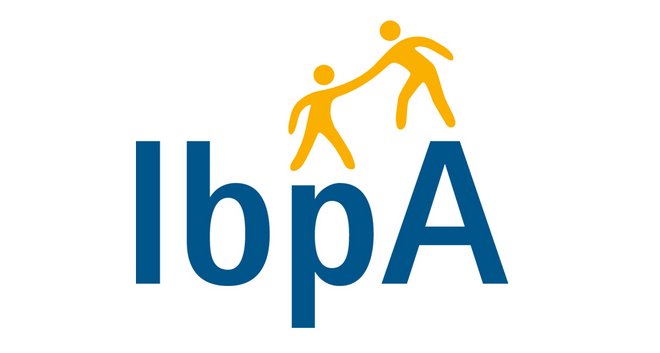
In view of the noticeable shortage of skilled workers in the care sector, it is important to exploit the potential of assistant professions such as nursing assistants and everyday care workers in order to relieve the burden on skilled workers in everyday care and at the same time improve the quality of care. The IbpA project at the Wohlfahrtswerk Education Center develops and tests inclusive vocational training programs that support trainees in these professions on their way into the labor market. A significant proportion of these trainees have low school qualifications and often come from socially disadvantaged backgrounds. Individual challenges have a negative impact on their ability to learn as well as on the training process. The target group is to be particularly supported by the vocational training programs.
For the project to be successful, it is crucial that the entire training process is included: Wohlfahrtswerk’s vocational schools work together with the respective nursing facilities to support individual trainees. An educational team of social educators, teachers, and practical instructors supports the trainees throughout their entire training period. It provides a safe environment in which positive behaviour patterns can develop. At the beginning, individual support needs are defined and then met both internally and through external services such as tutoring, coaching, or on-the-job training.
Among other things, the project focuses on individual support planning that meets the different learning needs and abilities of the trainees. This involves multi-professional case discussions within the team. The practical learning environment is also to be strengthened, for example through workshops for practical instruction. These measures create an inclusive training environment that meets individual needs and promotes the comprehensive professional and personal development of trainees.
The project is funded as part of the program “Aa SM - Assisted Training for Nursing Assistance, Everyday Care, and Curative Education and Curative Education Assistance/SM APA_AHEP ESF+” with funds from the European Social Fund and by the Baden-Württemberg Ministry of Social Affairs, Health, and Integration with state funds approved by the Baden-Württemberg state parliament.
January 2025 - December 2027
Project Management
E-Mail: projekte@wohlfahrtswerk.de